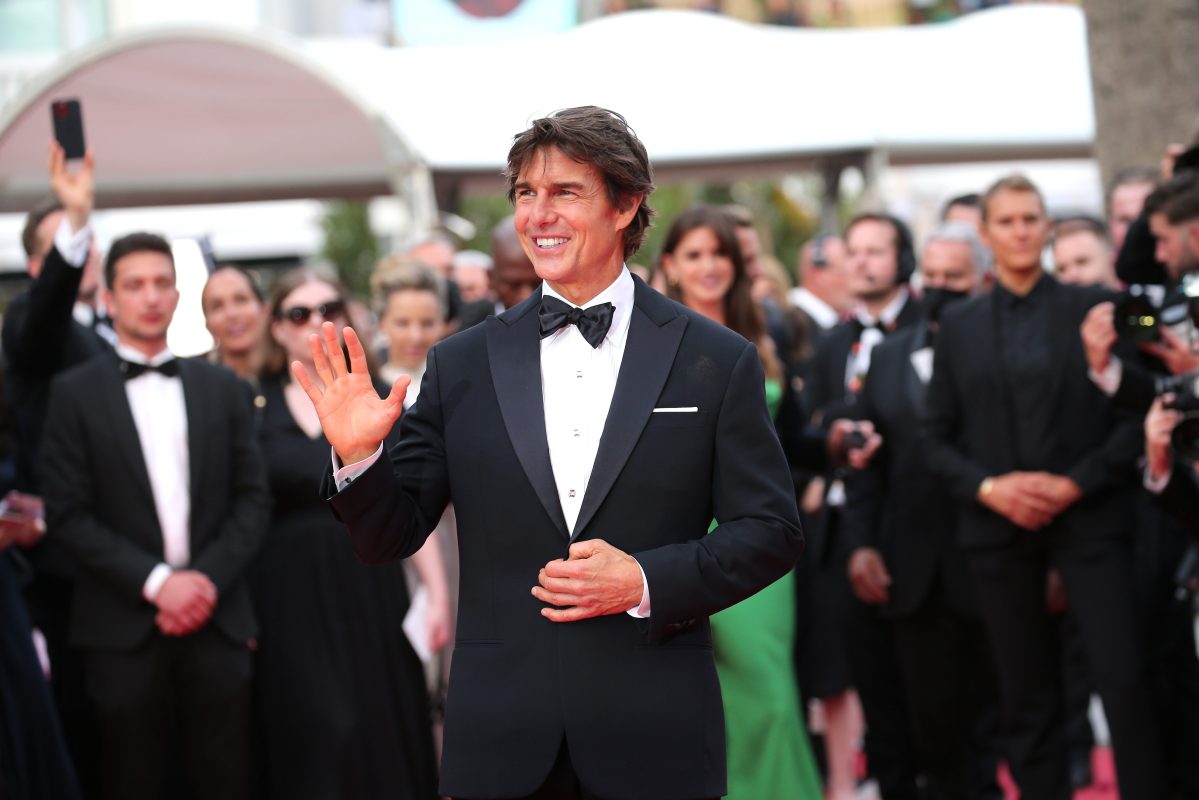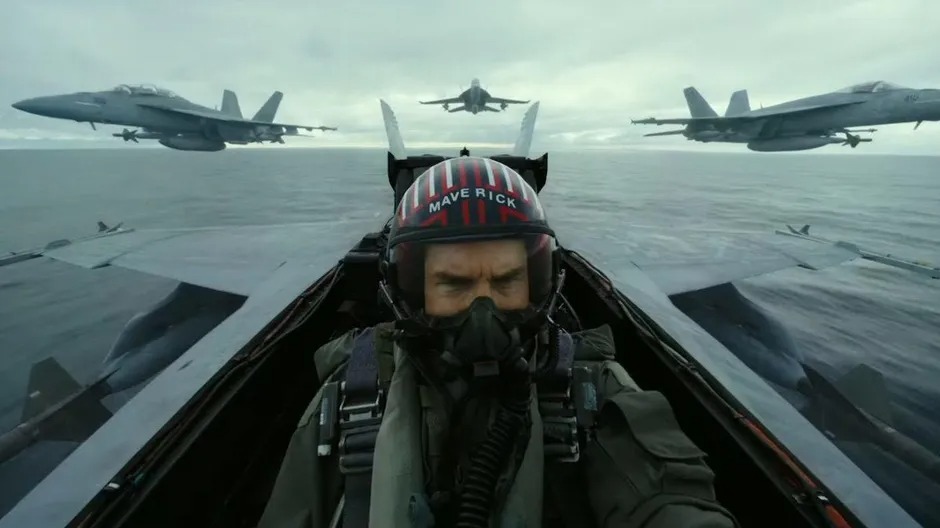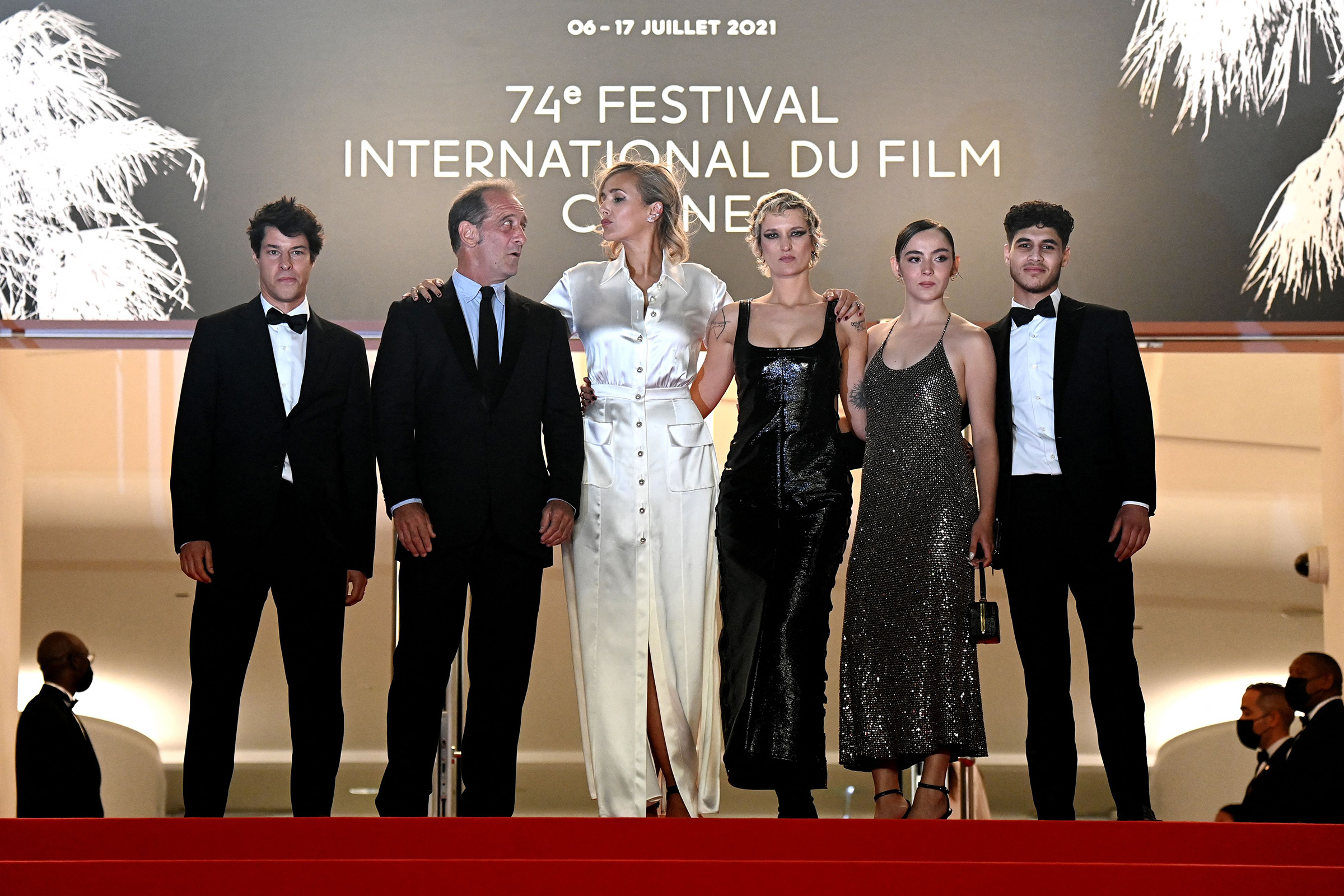This is the first installment of the 2022 edition of the French Dispatches, our on-the-ground coverage of the Cannes Film Festival. Watch this space over the next fortnight for more from the 75th edition.
The vibe is off at Cannes this year. My first screening of the 2022 Cannes film festival was Jean Eustache’s legendary 1973 film The Mother and the Whore, a 220-minute post–French New Wave anti-epic long available in only inferior, scratchy old prints and semi-licit tapes and files, newly restored in sterling 4K. Projecting the sexual morals, romantic illusions, aesthetic principles and political despair of an entire Lost Generation of French youth onto a desperate love triangle embodied, with protean and indelible power by the titanic French actors Jean-Pierre Léaud, Françoise Lebrun and Bernadette Lafont, The Mother and the Whore started my festival off on a cinematic high that will be difficult for any of this year’s new movies to top and left me with an elevated, nauseous anxiety that fits the times in general and Cannes 2022 in particular.
This should be a triumphant festival — the festival’s 75th edition, and the first to be held as per tradition in May, with full infrastructure, packed screenings and parties since 2019, following the cancellation of 2020 and the less-attended 2021 edition in July of last year. But it’s marked by continued paranoia about the death of cinema, manifest, for instance, in the festival’s partnership with TikTok: from my current perch in the press room on the second floor of the Palais des Festivals, I can see a billboard proclaiming, “ceci n’est pas un film, c’est une video TikTok,” as if opening its arms to the many “creators” invited here will save this regal institution from the guillotine when the time comes.
Otherwise, anecdotally, an astonishingly large cross-section of my friends and colleagues report experiencing unexpected difficulties traveling here, which I wouldn’t mention except that it fits my narrative about everyone being on edge and probably contributed to how much people have been grumbling about their difficulties with the online ticketing system — frequent crashes, an opaque priority screening, tickets unobtained and schedules scrambled. After last year, I vowed not to write any more about what amounts to insipid shop talk, but then the festival press office sent out an email blaming the problems on “acts aimed at saturating the site with ticket requests, thus preventing festival-goers from accessing it.” A restive press and touchy festival hierarchy seems to be a theme — Deadline killed its interview with festival head Thierry Frémaux after Cannes tried to pull or edit answers about “political correctness” and the lack of gender parity in the official selection of films.
Can movies save the day? This is always the theme on Opening Night, when I and the rest of the lowly media are shepherded into the Debussy Theater to watch a simulcast of proceedings from the red carpet and auditorium of the Grand Théâtre Lumière, where celebrities and dignitaries are treated to songs and stirring speeches about the power of cinema from the likes of honorary Palme d’Or winner Forest Whitaker, host Virginie Efira, some French comedian-pianist and Volodymyr Zelensky, who delivered a video message (in Ukrainian, simultaneously translated into French) in which he evoked Charlie Chaplin’s The Great Dictator in a speech so long that even the couple at the back of the Debussy holding up a sagging Ukrainian flag (I saw it accidentally when I turned my head) seemed bored before it was over.
The opening ceremonies also introduced the Palme d’Or jury, which is its own Cannes of worms (rimshot). Usually the jury is announced before the official selection, but this year the news came absurdly close to the start of the festival. Early rumor was Cannes was eyeing either Marion Cotillard or Penélope Cruz for jury president — whichever one didn’t have a film in competition. Cotillard is in Arnaud Desplechin’s Brother and Sister, which is here, and Cruz is in Emanuele Crialese’s Immensity, which isn’t — but Cruz is booked this season by Michael Mann’s long-gestating Enzo Ferrari biopic, which is finally, actually going forward. Then there was talk that it would be Asghar Farhadi, the Iranian two-time Oscar winner whose A Hero shared the Grand Prix last year, but then a former student of Farhadi’s sued him in Iranian court for plagiarizing her own documentary short for A Hero, and won — a good thing, as Farhadi had counter-sued her for defamation, a charge which, if successfully proven, might have resulted in her being flogged. So the jury president is the actor Vincent Lindon, and after all that and despite what will be a fascinating political dynamic in the jury’s deliberations, he’s a fine choice — a great French star for decades, a virile and soulful camera subject, the festival’s Best Actor in 2015 and costar of last year’s Palme winner Titane. And, given that Lindon also features in Claire Denis’s forthcoming Both Sides of the Blade, this raises the tantalizing possibility of an award for her other new film, an adaptation of Denis Johnson’s Stars at Noon, which is in competition here. Two of the most powerful people in French culture, Denis and Frémaux have relatively little regard for each other’s work, so it was a surprise to see her in competition for the first time since her debut film Chocolat in 1988, and it would be hilarious if she wins.
As for the Opening Night film: I had thought that, following his shock Best Director win for 2011’s The Artist, Michel Hazanavicius had, like Poochie, died on the way back to his home planet. In fact he’s been in France all along, returning to the genial hackwork that characterized his work prior to The Artist (and also characterized The Artist), the kind of uncomplicated, reasonably clever and satisfying middlebrow fare that a healthy national cinema can produce. Opening night film Final Cut is called Coupez! (“Cut!”) in French, though it was originally called Z (comme Z) (“Z [as in Z]”) and was retitled a few weeks ago as the letter Z has become a symbol of Russian nationalism (apparently, according to the press release announcing the title change. State-supported Russian media, industry and films are barred from this year’s Cannes, which welcomes independent Russian press and filmmakers such as the dissident Kirill Serebrennikov, whose Tchaikovsky’s Wife kicked off the competition on Wednesday afternoon).
Final Cut is a remake of the Japanese single-take zombie movie One Cut of the Dead, though in this version the one-take meta-movie gorefest is the film’s first 30 minutes and features a number of sloppy errors, like a grindhouse parody; the middle section then flashes back to this film’s preproduction, featuring knowing jokes about actors’ egos and directors’ pretensions and warmed-over culture-clash bits based around the Japanese coproducers; and the final act is a farce showing the making of the disastrous, ultimately triumphant film-within-the-film, like a film version of Noises Off, filled with frantic improvisations and last-ditch saves.
It could have been worse — there could have been even more Pearl Harbor jokes, and Hazanavicius could have played “Chelsea Daggers” by the Fratellis from start to finish more than just the once — and as an ode to scrappy movie magic, like The Artist but riffing on low-budget genre filmmaking, it’s likable enough, especially with Bérénice Bejo, Hazanavicius’s real-life wife and the best part of The Artist, as the zombie director’s wife and costar.
But the real case for cinema was made, of course, by Tom Cruise, here on Wednesday with Top Gun: Maverick. The future of the film industry is a heavy one to bear, but it’s one Tom Cruise is happy to shoulder, as the film amply demonstrates. So here he comes to save the day, doing a heavily vetted public Q&A talk during which the moderator exclaimed, re: Cruise’s love of doing his own stunts, “You are risking your life, monsieur!” (Cruise responded that no one asked Gene Kelly, “Why do you dance?”) Pressing the flesh and signing posters and at least one Last Samurai Blu-Ray case for a wildly starstruck red carpet crowd — even on the press terrace we were watching the livestream, chuckling at the woman who stood a foot from the monitor to take pictures, and at the way the name “Maverick” sounds with a French accent, but watching — Cruise really did seem like the last of the old school megawatt movie stars. And that was before a formation of jets flew in low from the Mediterranean for a red-carpet flyby, not once but twice, trailing vaportrails of red, white and blue.
This article appeared in an InsideHook newsletter. Sign up for free to get more on travel, wellness, style, drinking, and culture.
























